 A New Master Class
A New Master Class
FINDING THE POWER IN SELF-CONTROL
How to Ignite Your Willpower in Work, Social Relationships,
Addiction, Health, and Procrastination
Led by Roy Baumeister, PhD
Francis Eppes Eminent Scholar,
Professor of Psychology and
Head of the Social Psychology Program at
Florida State University
Special Professor
Vrije Universiteit Amsterdam
Distinguished Visiting Professor
King Abdulaziz University in Saudi Arabia


 Self-control is the greatest human strength. People with high self-control have stronger families and better love lives than other people. They achieve more success in work and school. They enjoy better mental and physical health. They commit fewer crimes, have more friends and deeper friendships. They are happier, and they live longer.
Self-control is the greatest human strength. People with high self-control have stronger families and better love lives than other people. They achieve more success in work and school. They enjoy better mental and physical health. They commit fewer crimes, have more friends and deeper friendships. They are happier, and they live longer. This Master Class will begin by covering the basic facts of self-control, as built up by many researchers over the years.
This Master Class will begin by covering the basic facts of self-control, as built up by many researchers over the years. There are two powerful sets of reasons to be interested in self-control. One refers to practical benefits. Because self-control is such a pervasive and powerful key to success in life, people desire it for themselves and their children as a vital means for making life better. Work, school, relationships, personal adjustment, and mental and physical health all benefit from self-control.
There are two powerful sets of reasons to be interested in self-control. One refers to practical benefits. Because self-control is such a pervasive and powerful key to success in life, people desire it for themselves and their children as a vital means for making life better. Work, school, relationships, personal adjustment, and mental and physical health all benefit from self-control. Self-control is a powerful key to a better life. Its impact is rivaled only by intelligence – and a crucial difference is that science has never figured out how to increase someone’s intelligence, but willpower can be improved even in adulthood. If you or your clients want to manage your lives better – work and school, love and family, mental and physical health, adjustment, happiness – this course will help, teaching you much new information about one of the pillars of success.
Self-control is a powerful key to a better life. Its impact is rivaled only by intelligence – and a crucial difference is that science has never figured out how to increase someone’s intelligence, but willpower can be improved even in adulthood. If you or your clients want to manage your lives better – work and school, love and family, mental and physical health, adjustment, happiness – this course will help, teaching you much new information about one of the pillars of success.
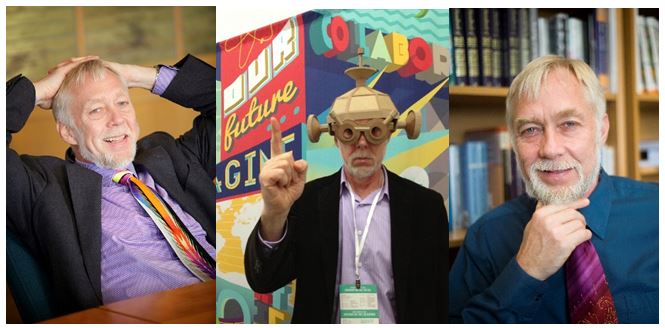



 This class provides eight hours toward MentorCoach Certification for students meeting the class attendance requirement (See #16 below.) It can also provide eight hours toward ICF Certification via an Accredited Coach Training Program such as MentorCoach or via the ICF Portfolio Approach.
This class provides eight hours toward MentorCoach Certification for students meeting the class attendance requirement (See #16 below.) It can also provide eight hours toward ICF Certification via an Accredited Coach Training Program such as MentorCoach or via the ICF Portfolio Approach. This class is approved for eight hours of CCEUs (ICF Core Competencies) from the International Coach Federation for students meeting the class attendance requirement of being present, “live”, for 6.5 of the classes (See #16 below.) For students who cannot attend live but who listen to all eight class sessions by recording, this class qualifies for eight hours of CCEUs (Resource Development). There is no fee for ICF CCEUs.
This class is approved for eight hours of CCEUs (ICF Core Competencies) from the International Coach Federation for students meeting the class attendance requirement of being present, “live”, for 6.5 of the classes (See #16 below.) For students who cannot attend live but who listen to all eight class sessions by recording, this class qualifies for eight hours of CCEUs (Resource Development). There is no fee for ICF CCEUs.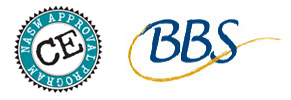
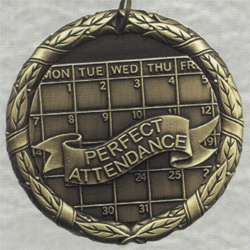 Every class is recorded. You may listen to some or all of the classes by recording at your leisure.
Every class is recorded. You may listen to some or all of the classes by recording at your leisure. Every class is recorded. Some students may listen to some or all of the classes by recording at their leisure, sometimes emailing in questions to Roy between classes. We applaud and support this practice. We know one well-known Australian professor who used to end his week listening to the recordings of Chris Peterson’s lectures on Friday evenings, drinking white wine and reclining in his hot tub.
Every class is recorded. Some students may listen to some or all of the classes by recording at their leisure, sometimes emailing in questions to Roy between classes. We applaud and support this practice. We know one well-known Australian professor who used to end his week listening to the recordings of Chris Peterson’s lectures on Friday evenings, drinking white wine and reclining in his hot tub.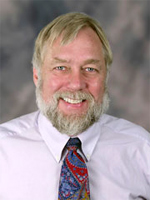 Roy F. Baumeister is currently the Francis Eppes Eminent Scholar, Head of the Social Psychology Program and Professor of Psychology at Florida State University. He is also Distinguished Visiting Professor at King Abdulaziz University in Saudi Arabia and Special Professor at the Vrije Universiteit Amsterdam.
Roy F. Baumeister is currently the Francis Eppes Eminent Scholar, Head of the Social Psychology Program and Professor of Psychology at Florida State University. He is also Distinguished Visiting Professor at King Abdulaziz University in Saudi Arabia and Special Professor at the Vrije Universiteit Amsterdam.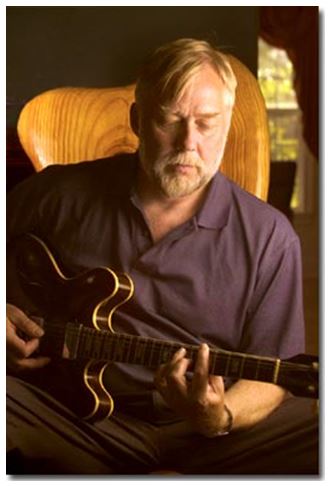 The Institute for Scientific Information lists him among the handful of most cited (most influential) psychologists in the world.
The Institute for Scientific Information lists him among the handful of most cited (most influential) psychologists in the world.